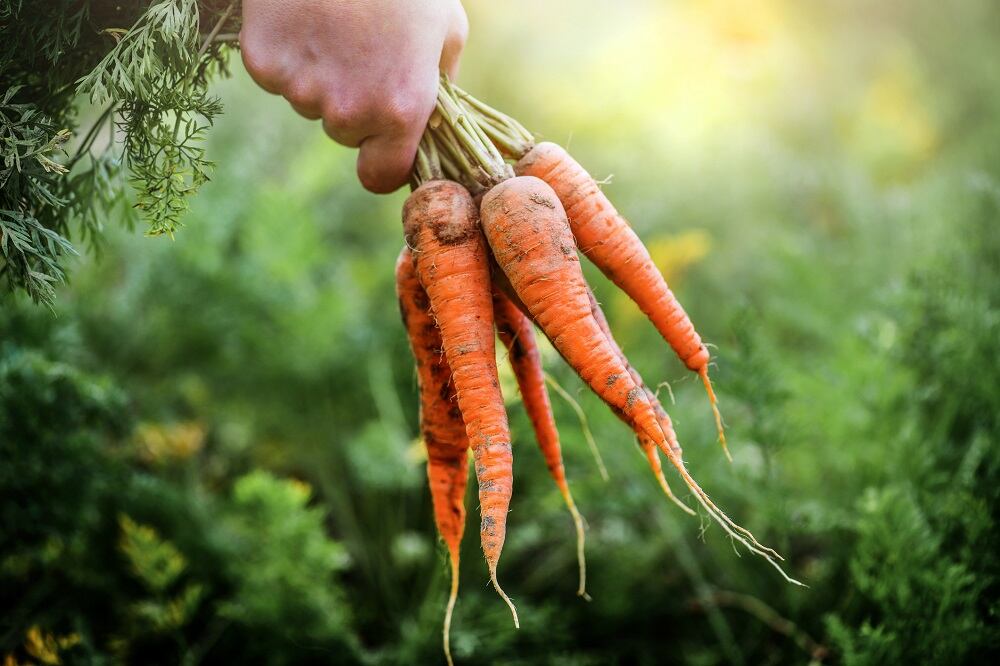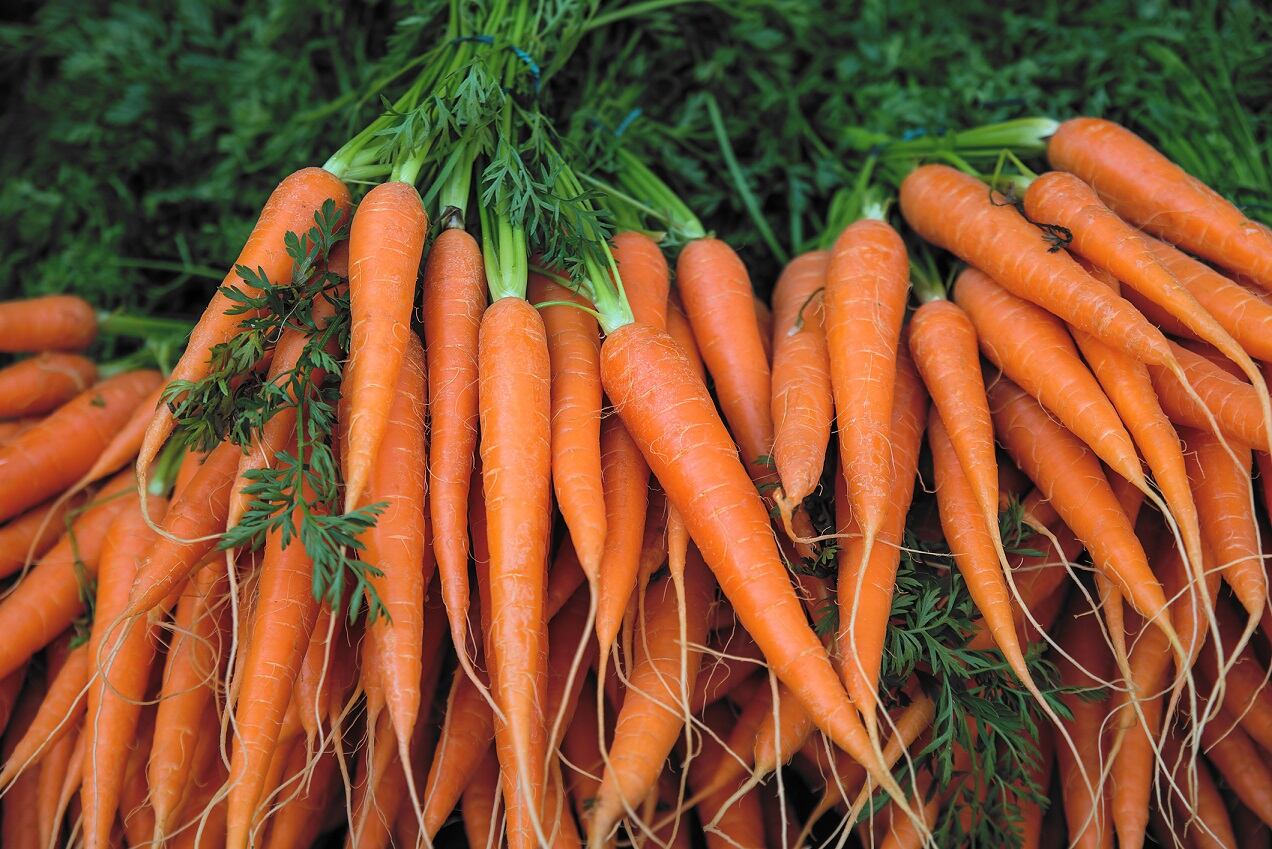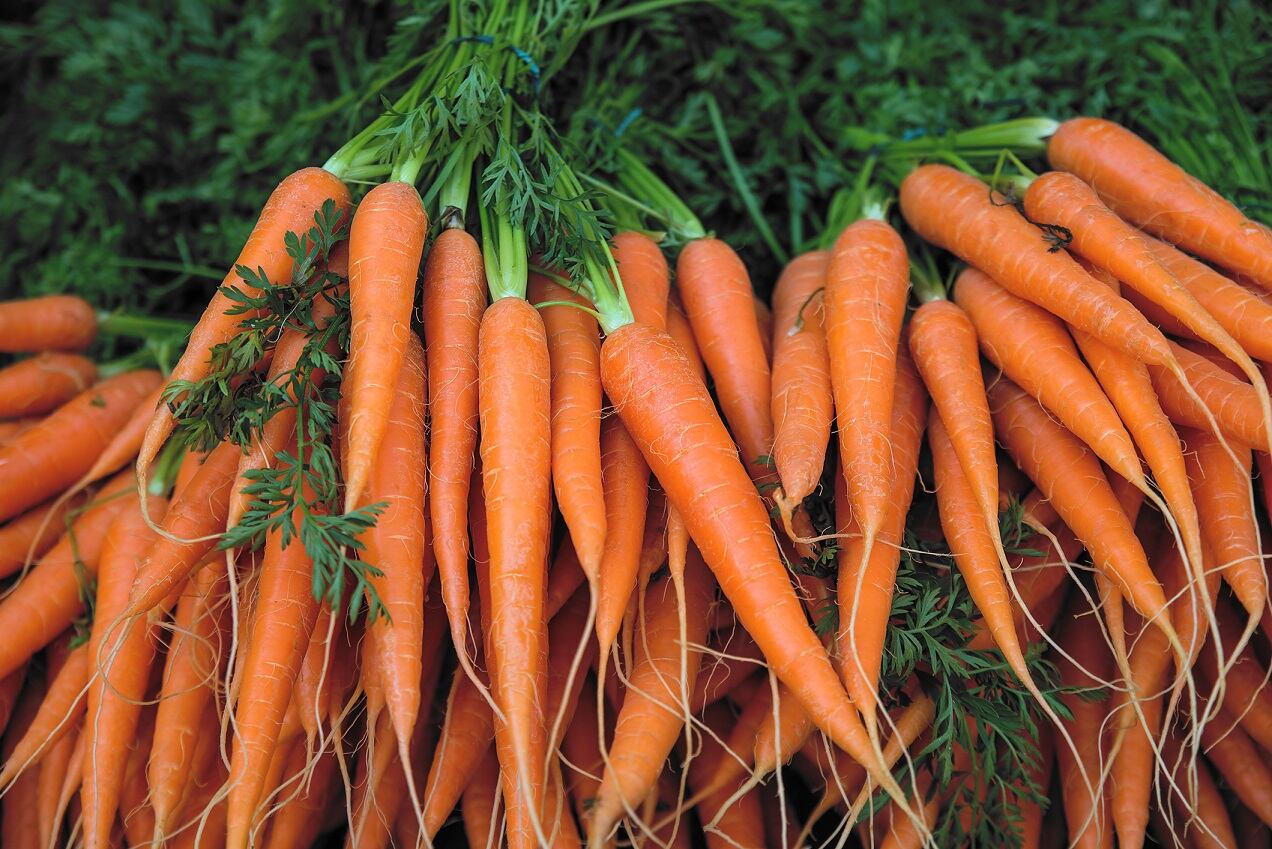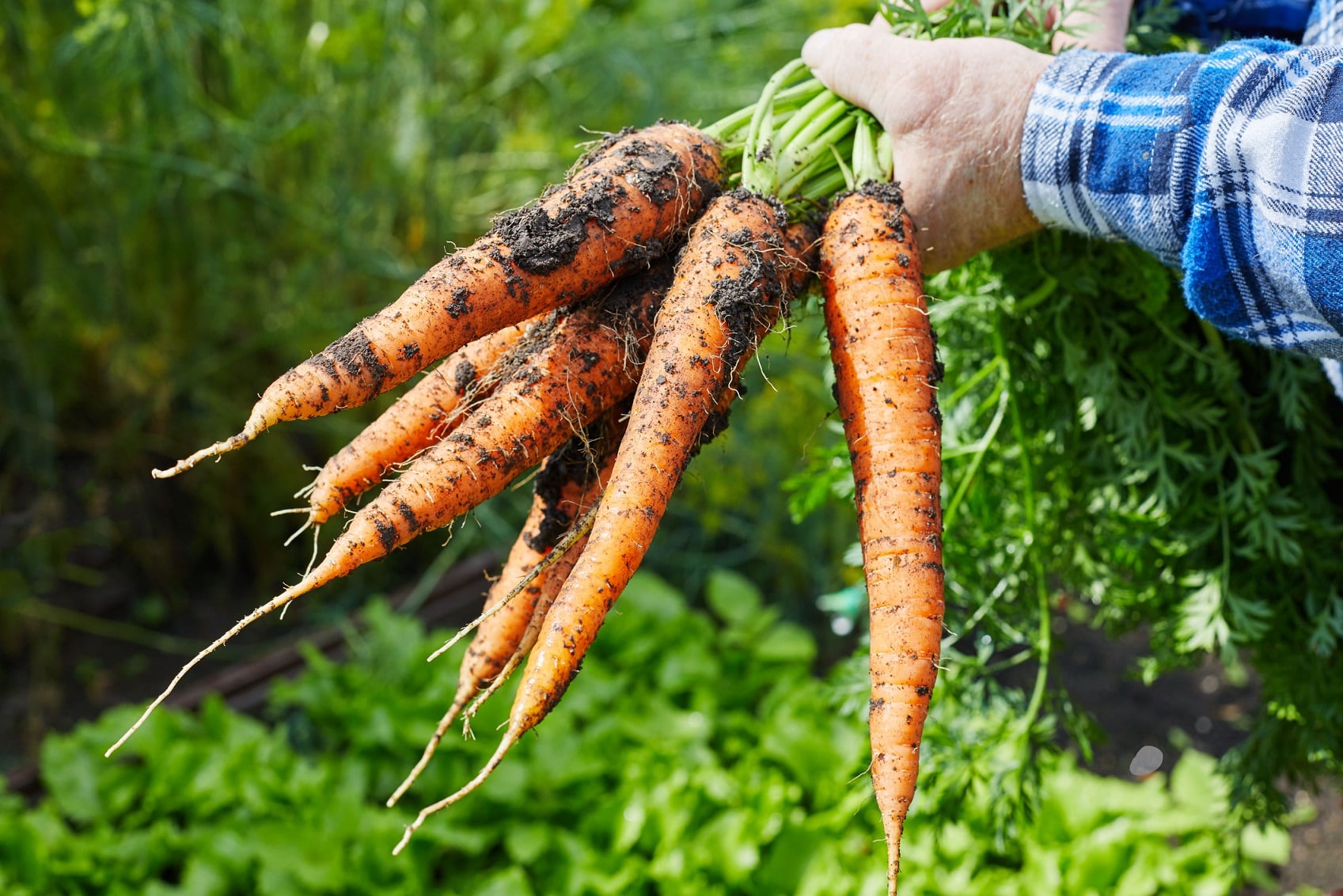NutriLeads was founded in 2012 using knowledge and patents acquired from Unilever, explained Dr Ruud Albers, the company’s CSO. Initial analyses of more than 450 candidate ingredients for immune support and reduction of upper respiratory tract infections (URTIs) triggered interest in ginseng, but further commercial development of this source was hindered by questions about regulatory hurdles and sustainability. But as the ginseng door closed, the researchers looked for others to open with a research project to identify the active compound(s).
These were subsequently identified as pectin-derived rhamnogalacturonan-I (RG-I) polysaccharides, and the observation that these were not unique to ginseng.
“Carrot – and carrot pomace specifically, which is a side stream of carrot juice production – is a very good source of RG-I,” Dr Albers told NutraIngredients-USA.
Building the science
This work led to the development and commercialization of the company’s BeniCaros ingredient, which is supported by pre-clinical and clinical data.
As reported previously by NutraIngredients-USA, carrot-derived rhamnogalacturonan-I (cRG-I) modulates immunity measures and the microbiota in vitro. Another study found that the ingredient has prebiotic potential.
Even more important, findings from a placebo-controlled, randomized, double-blind dose-response study were recently published in Nutrients.
“This pivotal trial is the type I’ve been wanting to do for a long time,” said Dr Albers. “Twelve years ago, I was involved in a number of expert groups with ILSI [International Life Sciences Institute -Europe] around the effect of nutrition on immune function. There’s no standard biomarker for the immune system, but if you want to say something about the immune system, you have to study it while it’s working.”
The new study, which was performed in collaboration with the Amsterdam University Medical Centre, NIZO Food Research, and StatistiCal B.V. in the Netherlands, included 146 healthy adults given either cRG-I (300 mg per day) or placebo for eight weeks, after which they were exposed to a standardized dose of an attenuated rhinovirus (rhinovirus strain 16, RV16) via the nose.
As stated by the researchers in their paper: “This standardized RV16 challenge model provided the unique opportunity to investigate, in humans, the effect of cRG-I on the kinetics of early innate immune and anti-viral responses in conjunction with the perceived impact on symptoms using a validated questionnaire.
“Compliance in the study was high, cRG-I was well tolerated [and safe], and despite variability in individual responsiveness, the results were remarkably coherent and robust between outcomes and between the ITT [intention-to-treat], PP (per-protocol) and nested subset populations.”
The data revealed that daily consumption of BeniCaros prior to the rhinovirus infection significantly accelerated protective innate immune and antiviral responses, resulting in a 20% reduction in severity of symptoms, and a 25% reduction in symptom duration.
Commenting on the data, René Lutter, PhD, Principal Investigator at the Amsterdam UMC, who runs the rhinovirus challenge model in collaboration with NIZO, said: “The impact of cRG-I on the immune response observed in this nutritional intervention study is the biggest that I have ever seen with this model.
“It is clinically relevant and especially exciting because fast innate antiviral and immune responses are important for limiting infections with respiratory viruses.”
The market
NutriLeads has systematically built the science to substantiate its ingredient’s claims, and the company does have an ambition is to get an approved health claim in Europe. “But that’s a dot on the horizon,” said Dr Albers.
The company is initially focused on the US market, where it launched BeniCaros in October 2021. And the first consumer product launch containing the ingredient is imminent. “In the coming weeks,” he said.
It is well known that demand for products with immune health properties has sky-rocketed during the pandemic, with the global immune health supplements market estimated to be worth US$ 16.32 billion in 2019 and expected to reach USD 29.40 billion by 2027, according to Fortune Business Insights.
While the market is dominated by formulations containing vitamins C and D, zinc, elderberry, echinacea, and beta-glucan-containing ingredients, Dr Albers said the signals NutriLeads has been receiving from the market are that brands are really looking for “something to differentiate their products based on solid evidence.
“BeniCaros is supported by unique evidence,” he said. “It is truly plant-based, upcycled from carrot pomace, and efficacious at a low dose.”
Source: Nutrients
2021, 13(12), 4395; doi: 10.3390/nu13124395
“The Dietary Intake of Carrot-Derived Rhamnogalacturonan-I Accelerates and Augments the Innate Immune and Anti-Viral Interferon Response to Rhinovirus Infection and Reduces Duration and Severity of Symptoms in Humans in a Randomized Trial”
Authors: R. Lutter et al.





